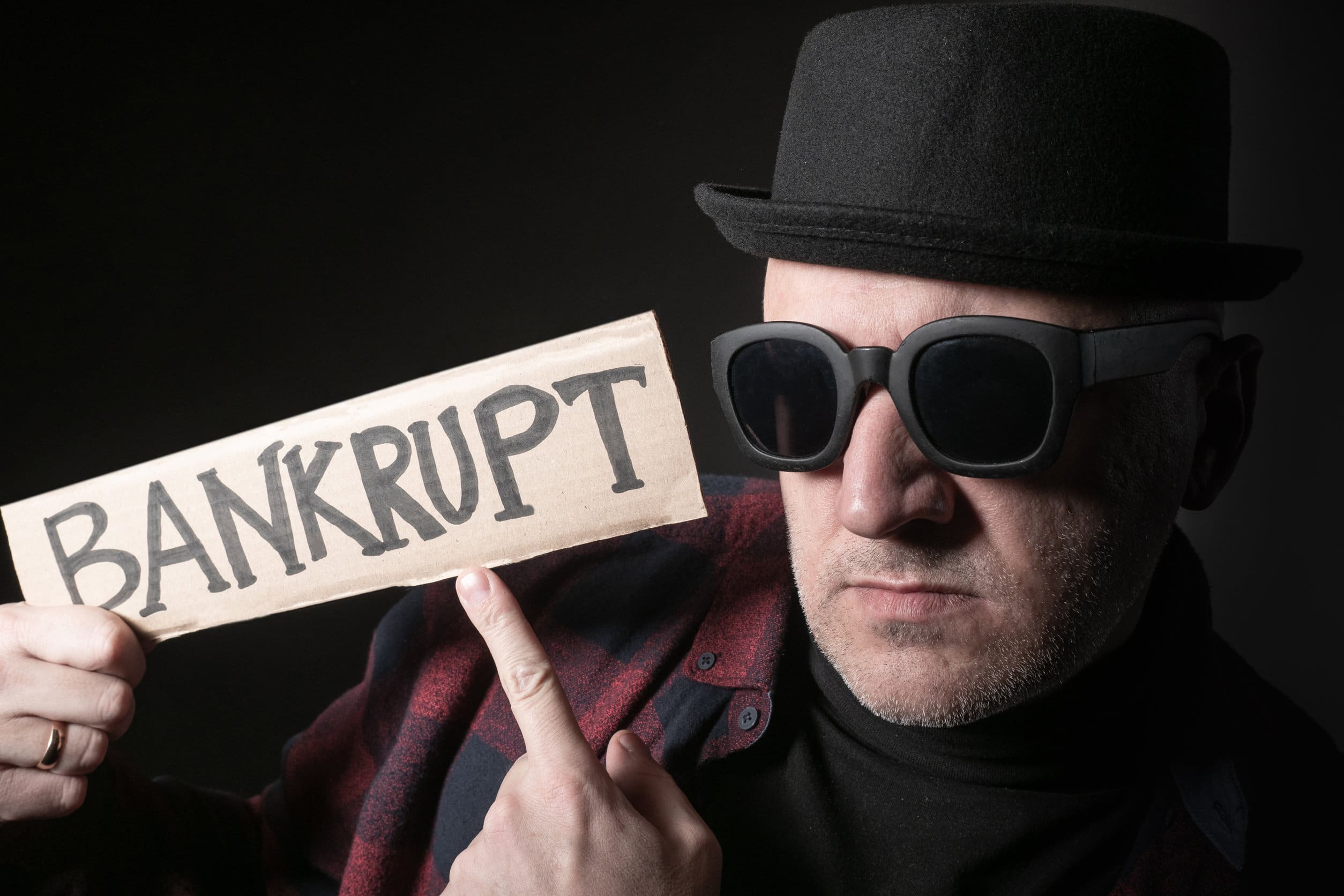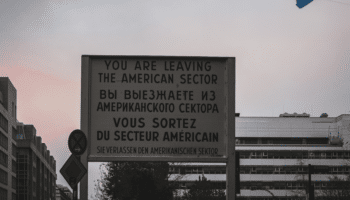AWS Has a Moral Responsibility To Fix the Free Tier
I’ve given the AWS Free Tier some grief in various blog posts that I’ve published over the years. But it occurred to me that I’ve never talked about why it’s so important to me that I keep hammering away at it. After all, my consulting clients generally could not possibly give less of a monkey’s butt about free cloud services. Their usage goes well beyond the limits of a free service, otherwise they’d absolutely not find value in our Cloud Economists optimizing their bills.
That said, I maintain that fixing the free tier is the absolute highest priority that AWS can possibly have. There’s nothing even remotely close that could be on its roadmap when you look at the risk of the status quo.
Fixing the AWS Free Tier is literally a matter of life and death
One of the reasons I like what I do (Cloud Economics!) is that it’s strictly a business problem. Nobody dies because of their AWS bill, and that’s a great position to be in if you have a soul and are averse to doing harm. Unfortunately, there’s one glaring exception: The AWS Free Tier is going to kill someone sooner or later, and I don’t want that to happen.
Isn’t that a bit melodramatic?
It really isn’t. Alexander Kearns was a 20-year-old Robinhood user and a student with no reported regular income. In June 2020, he logged into his stock trading account, saw that he owed Robinhood $730,165, wrote a note, and killed himself.
Kearns’ surprise bill makes me worry about student learners using the AWS Free Tier and the surprise bills they might get. It’s my position that it’s simply a matter of time before something similar could happen in the world of cloud billing, and I vehemently do not want that to happen.
We’re used to surprise billing stories about someone being sloppy with credentials and compromising their account, or someone not understanding the nuances of a service they spun up and getting charges they weren’t planning for. Originally, these mistakes cost tens or hundreds of dollars. In recent years, they’ve climbed to the mid- to high five figures. I recently saw a Reddit thread about someone getting a $270,000 bill surprise.
Yes, you can sit here after the fact and point out a bunch of things that someone could or should have done to prevent that kind of bill. But that’s cold comfort, and AWS absolutely must do better with respect to hard billing limits.
But with hard limits, you’d be turning off my production account!
There’s a countervailing school of thought to hard billing limits on AWS accounts. “Well, what if this is a production environment for a company? You really want the cloud provider to turn their environment off while they’re having a massive surge in their business?!” Of course I don’t; that would be ludicrous.
I want AWS, a company that prides itself on how good it is at data and understanding customers, to take a step back and ask its customers a specific question at account instantiation:
“Do you want this account to never charge you more than X, or do you want this account to never stop serving traffic, no matter the cost?”
Banks, Netflix, and Twitter For Pets would all smash the “this is a business, don’t be ridiculous” button. The rest of us independent learners will opt for the “I am a student, please do not destroy the next 20 years of my financial future” option.
There’s no way to derive the right answer to this question without asking the customer directly. Ideally, this would lead to the ability to specify the intent for a new AWS account when you’re spinning it up, but, again, I’d settle for it just not killing people.
To avoid a Robinhood-esque tragedy, AWS must fix free tier
I want to be clear: This is not just a theoretical risk. I’m convinced that it’s a certainty that something tragic like the Robinhood story is waiting to happen if AWS doesn’t fix the way the free tier is built. Through articles like my piece on what to do when you get a giant AWS bill, tweets, and generally screaming into the void whenever the opportunity presents itself, I’m doing my best to alert people that there is, in fact, recourse — but there’s only so much I can do. I’m not AWS, and a fix like this has to come from the provider itself.
I cannot think of a more pressing need or a more worthy goal for AWS to fix.
If you need help, there are resources available to you. Crisis Text Line provides free and confidential emotional crisis support 24/7. To text with a trained listener, text HELLO to 741741. Individuals in crisis or looking to help someone else can call the National Suicide Prevention Lifeline. To speak with a certified listener, call 1-800-273-8255.





